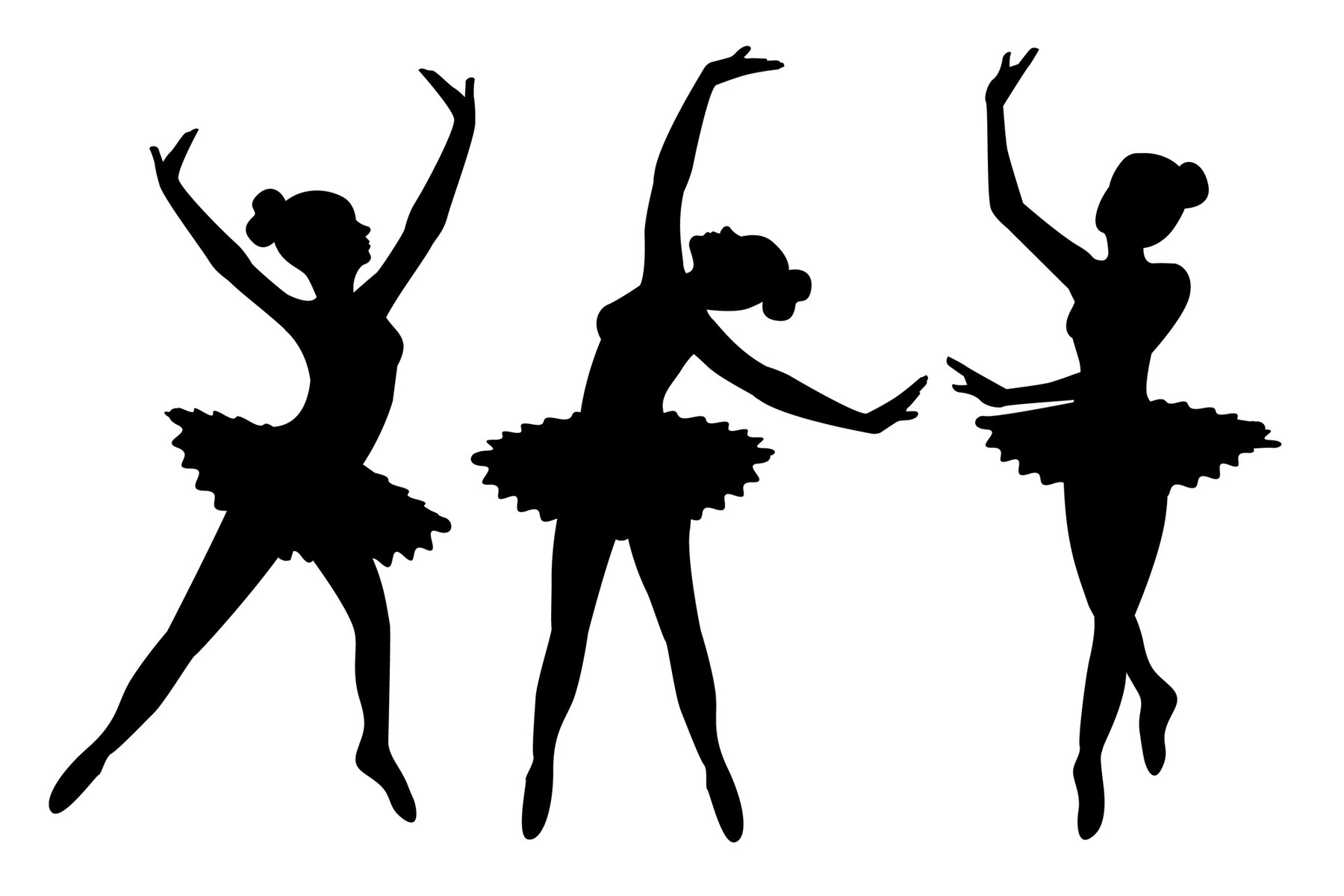This blog is written by Jaelyn Angelo, a former ballet dancer and current nutrition student—and aspiring sports nutritionist—at Simmons University. Here are her words of wisdom to other dancers:
As a dancer, your body is your instrument. Like any instrument, your body requires proper care to perform well. Just as instruments need to be tuned, your body needs to be nourished. Yet, many dancers inadvertently make nutrition mistakes that can hinder their performance, compromise their health, and impede their progress. In this blog post, we’ll explore some common pitfalls and why avoiding them is essential for maintaining peak performance.
Under-fueling due to short breaks between dance classes
Dancers often have tightly packed schedules with limited time between classes or rehearsals. In their rush to keep up with their demanding routines, they may skip or restrict the size of meals or snacks, leading to under-fueling. This can have detrimental effects on their energy levels, ability to concentrate, and overall performance. With inadequate fuel, muscles can’t perform optimally, leading to fatigue and increased risk of injury.
Suggestion: To combat under-fueling, dancers should pack and prioritize nutritious snacks like fruits, nuts, yogurt, or whole-grain crackers to sustain energy levels throughout the day.
In addition, dancers may not feel hungry after exercising due to hormonal changes, increased body temperature, or changes in blood flow. Exercise-induced appetite suppression may cause dancers to unintentionally under-eat; they are not receiving normal hunger cues. Dancers need to understand that refueling after exercising is crucial for muscle growth and recovery. Dancers who report they “don’t feel like eating” may find drinking their calories in the form of smoothies, yogurt beverages, or chocolate milk to be an easier method of refueling.
Skipping breakfast before an early morning class
Breakfast is often hailed as the most important meal of the day. For dancers, this rings especially true. Yet, many dancers may skip breakfast, particularly before early morning classes or rehearsals. Starting the day without fueling properly can easily leave dancers feeling sluggish and depleted, impairing their ability to perform at their best. A satiating breakfast that includes a grain/starch, protein, fruit/vegetable, and source of calcium can provide the essential energy needed to begin the day and set up the body for a day of successful rehearsals and performances. This means: eggs + cheese + fruit + whole wheat toast OR oatmeal + milk + peanut butter + banana.
Restricting carbohydrates
Carbohydrates often get a bad reputation in the world of dance nutrition, with many dancers fearing carbs will lead to weight gain. As a result, they may restrict cereal, bread, pasta, potato, and other starches (carbohydrates) from their diets, unknowingly depriving their bodies of a vital energy source. However, carbohydrates are the body’s preferred fuel for physical activity, including dance. They provide glucose, which is essential for powering muscles and sustaining energy levels during intense training sessions. Instead of shunning carbohydrates, dancers should focus on incorporating simple carbohydrates for quick fuel such as banana, bagel, or pasta. In addition, dancers should consume complex carbohydrates like oatmeal, baked sweet potato, and roasted root vegetables into their meals to support optimal performance and recovery.
Not drinking enough water prior to exercise
Hydration is crucial for dancers, as even mild dehydration can impair physical performance and brain function. However, many dancers fail to drink enough water before exercise, leading to dehydration and its associated negative effects. Adequate hydration is essential for maintaining joint lubrication, regulating body temperature, and transporting nutrients to cells. Dancers should aim to drink water consistently throughout the day and increase their intake before, during, and after exercise to stay properly hydrated.
In addition, some dancers are “salty sweaters” meaning they lose more electrolytes through their sweat than “average sweaters”. These dancers need to replenish their electrolytes. Salted crackers or pretzels can be helpful snacks that provide some simple carbohydrates for energy and replenish sodium lost through sweat.
Summary
Proper nutrition is important for dancers to perform at their full potential. By avoiding common mistakes such as under-fueling, skipping breakfast, rehydrating poorly, and restricting carbohydrate, dancers can optimize their performance, reduce the risk of injury, and support their overall health and well-being. Keep in mind that in dance, your body serves as your instrument. It must be fueled and refueled properly to perform at its peak potential and execute movements with grace, strength, and precision.
Dancers image courtesy of Freepik

